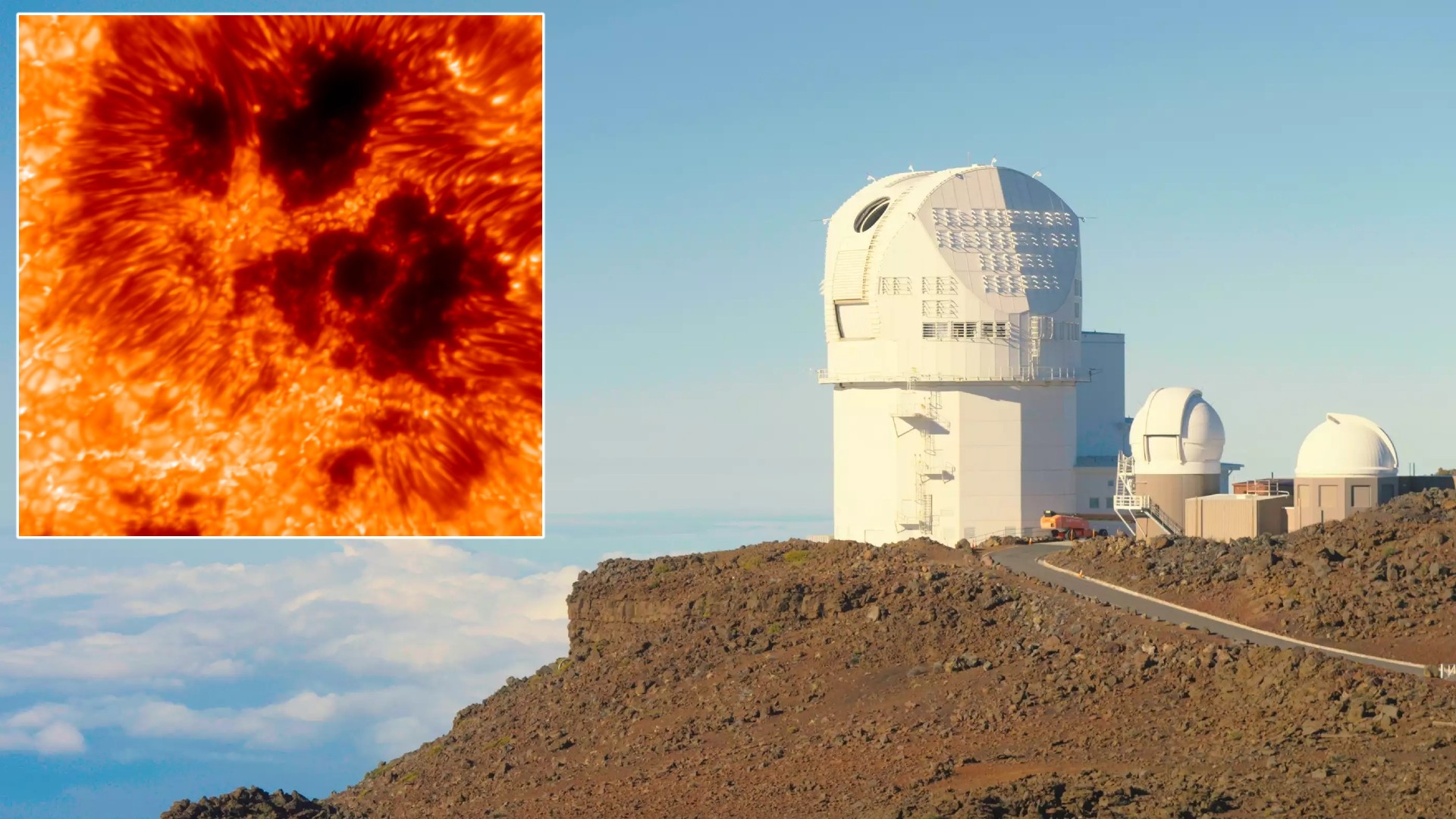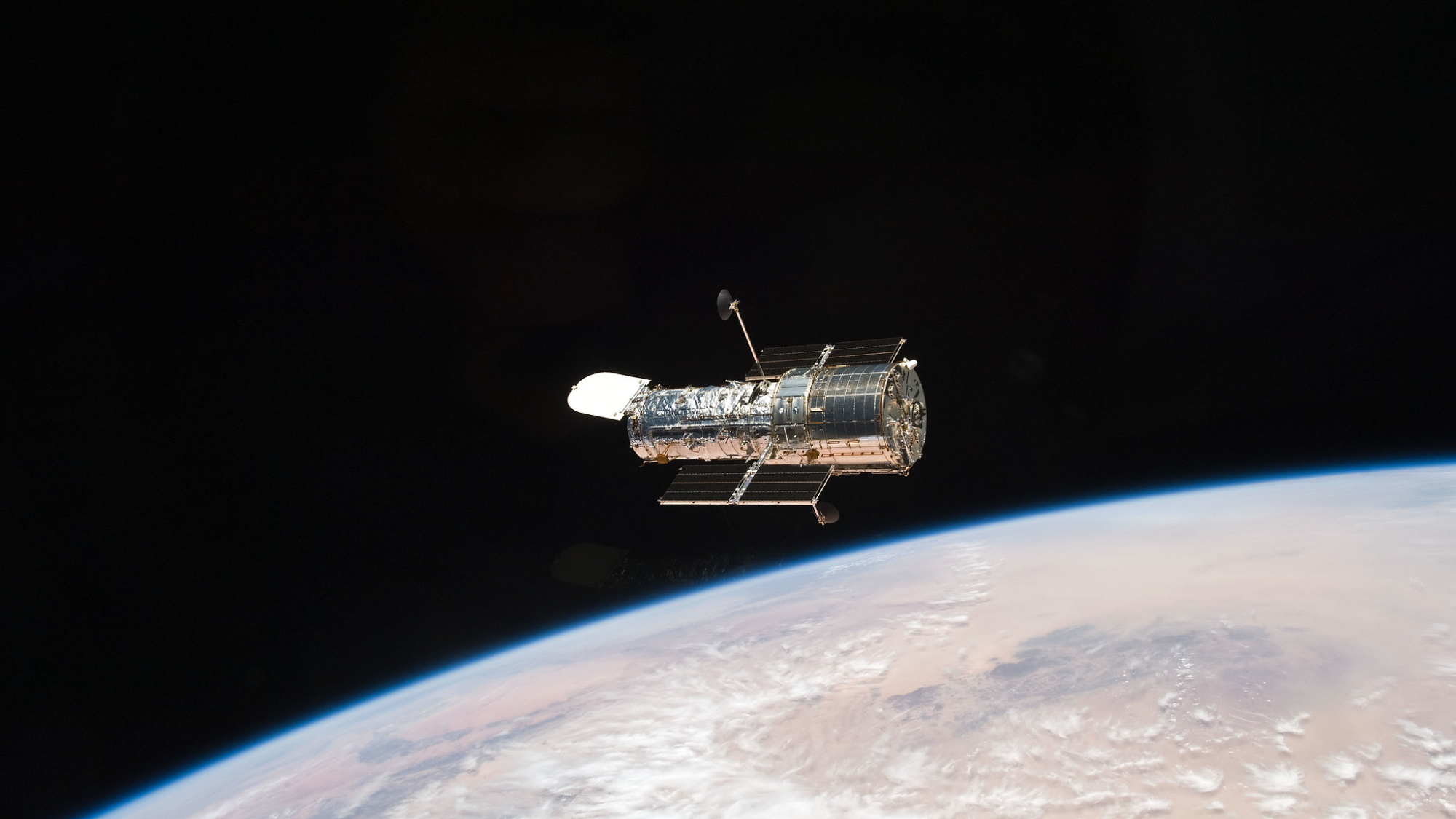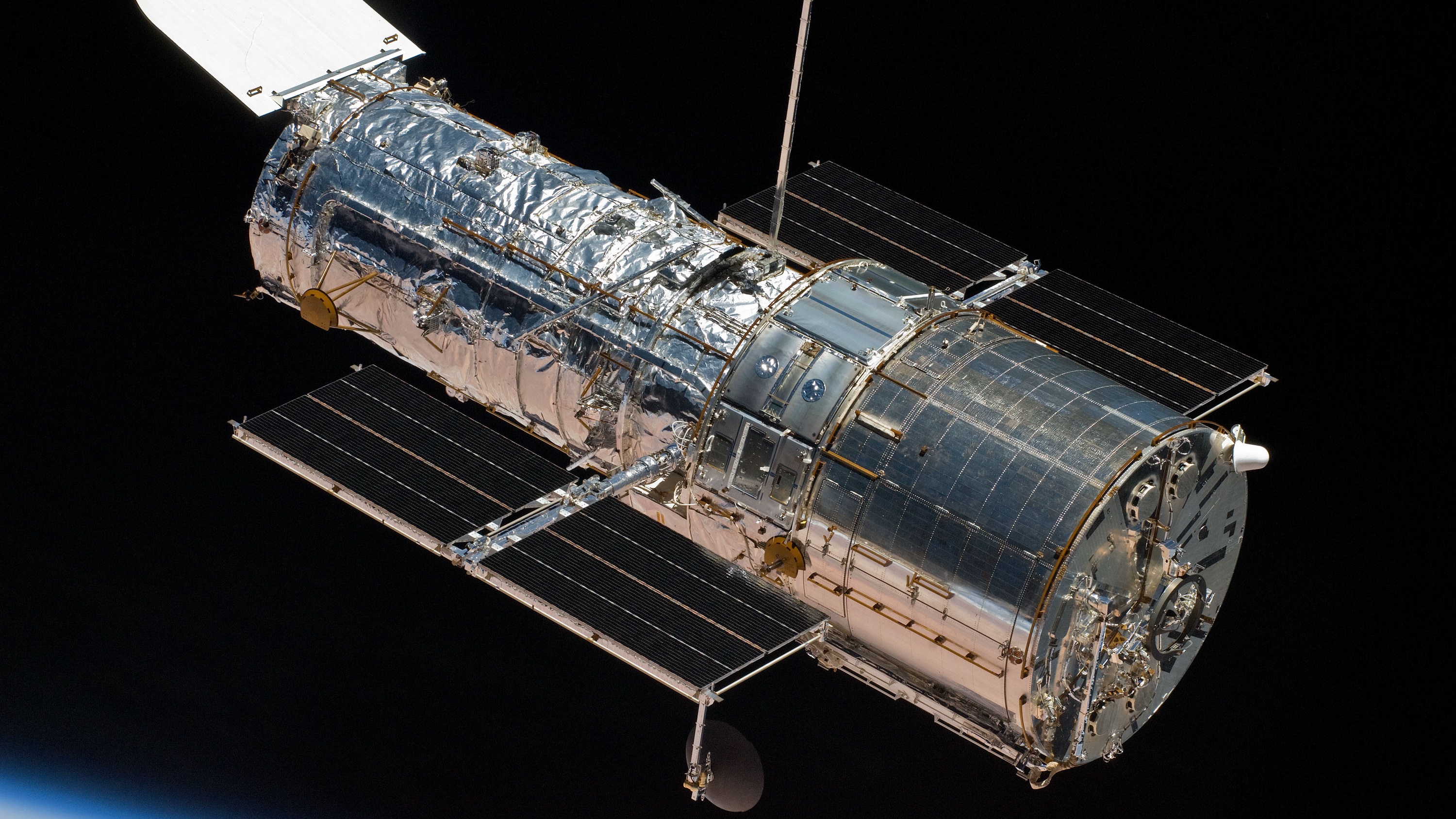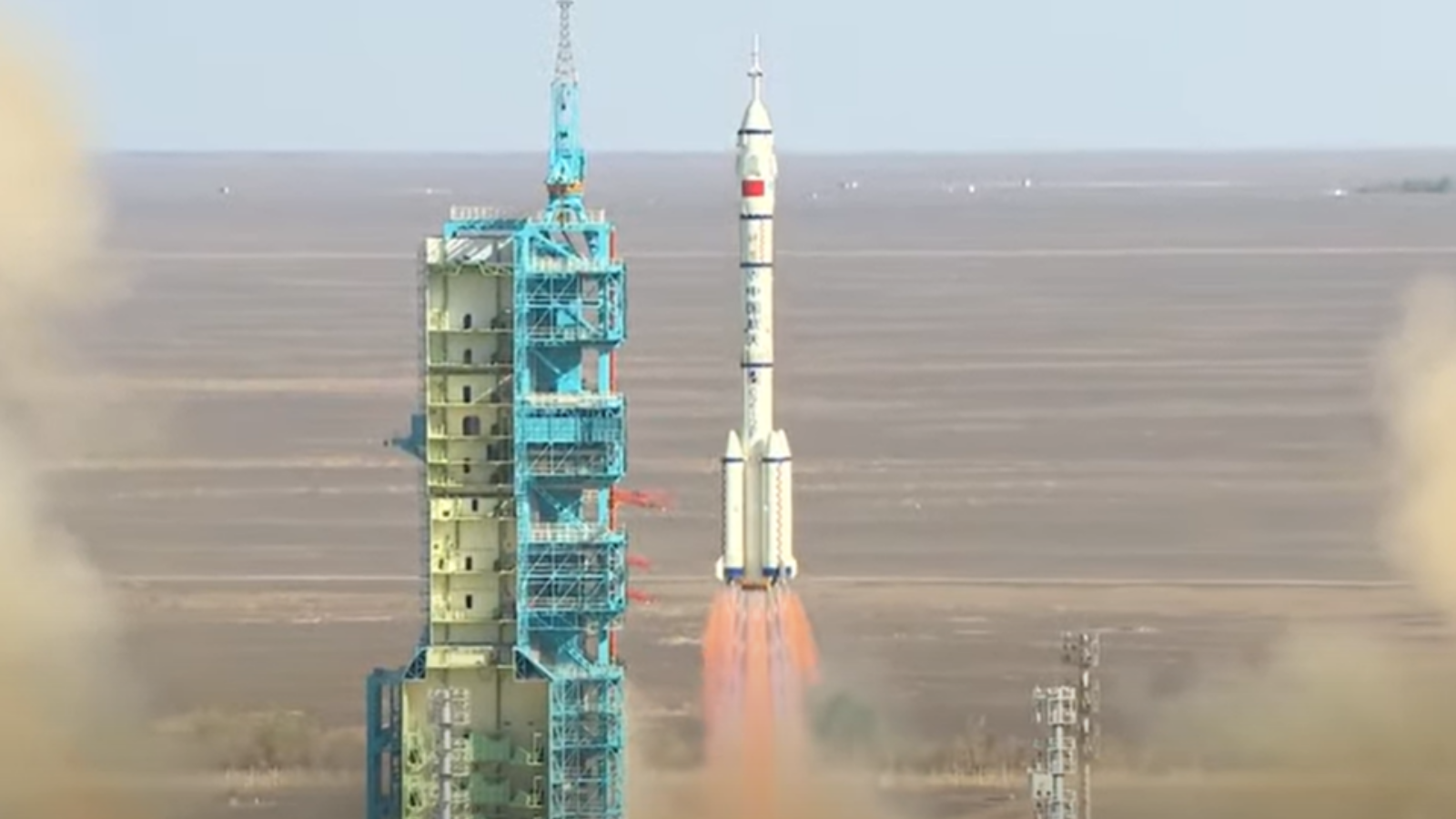SpaceX Adds $100 Million to Latest Funding Round
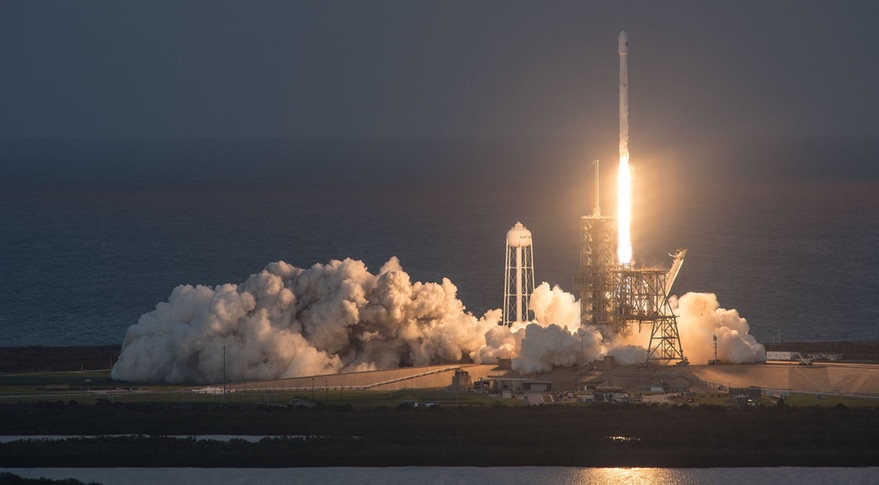
WASHINGTON — SpaceX has increased the size of its latest funding round by $100 million to $450 million, the company said Nov. 27.
In a Nov. 27 filing with the U.S. Securities and Exchange Commission, SpaceX amended a filing it made in August about a recent funding round. That earlier filing said the company had raised $350 million, while the amended document said the total from the round was now $450 million.
SpaceX spokesman James Gleeson confirmed the funding was an addition to the earlier round, and not a new round. "This filing simply discloses that SpaceX received an additional $100 million of investment as part of the last funding round which was disclosed earlier this summer," he said in response to a SpaceNews inquiry.
The original $350 million round, first revealed in July by Equidate, a San Francisco company that operates a market for trading shares in privately-held companies, valued SpaceX at $21.2 billion, which Equidate later adjusted to $21.4 billion. The additional funding doesn't significantly alter that valuation, which Equidate now lists at $21.5 billion after the additional $100 million.
The additional $100 million brings the total raised to date by SpaceX to nearly $1.7 billion. That figure is dominated by a single round of $1 billion the company raised in January 2015, led by Google and Fidelity.
SpaceX has not disclosed who invested in its latest round, and the amended filing with the SEC gives no information about what changed since the August filing beyond the total size of the round.
SpaceX hasn't disclosed how it will use the funds, but the company has a number of major projects that will require investment far beyond the capital it raised in its recent round. They include two constellations of satellites to provide broadband internet access, starting with an initial system of 4,425 Ka- and Ku-band satellites with a later set of 7,500 V-band satellites. A company executive said last month the first prototype satellites of the initial constellation will be launched in the next few months, with commercial service starting in 2020 or 2021.
Get the Space.com Newsletter
Breaking space news, the latest updates on rocket launches, skywatching events and more!
SpaceX is also developing a large reusable launch system called BFR, which formally stands for Big Falcon Rocket. SpaceX Chief Executive Elon Musk provided an update of plans to develop the BFR in September, with a goal of using the vehicles to launch an initial set of cargo missions to Mars in 2022, a timeline he acknowledged at the time was "aspirational."
The amended filing retains the same board of directors for SpaceX as the August filing, including Steve Jurvetson, one of the founders of the venture capital firm Draper Fisher Jurvetson and an early investor in SpaceX. The firm announced Nov. 13 that Jurvetson would be leaving the company amid allegations of sexual misconduct. At that time, SpaceX said that Jurvetson would be taking a leave of absence from the SpaceX board "pending resolution of these allegations."
This story was provided by SpaceNews, dedicated to covering all aspects of the space industry.
Join our Space Forums to keep talking space on the latest missions, night sky and more! And if you have a news tip, correction or comment, let us know at: community@space.com.

Jeff Foust is a Senior Staff Writer at SpaceNews, a space industry news magazine and website, where he writes about space policy, commercial spaceflight and other aerospace industry topics. Jeff has a Ph.D. in planetary sciences from the Massachusetts Institute of Technology and earned a bachelor's degree in geophysics and planetary science from the California Institute of Technology. You can see Jeff's latest projects by following him on Twitter.


